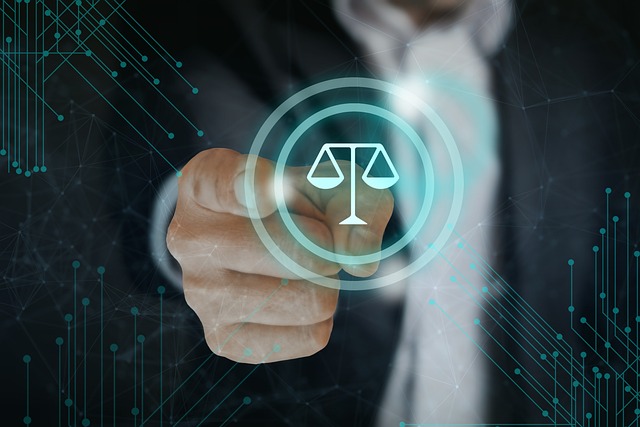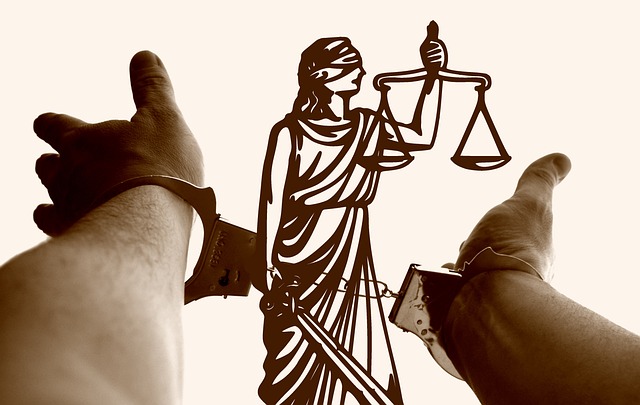The Criminal Procedure Appeal Process Explained is a vital mechanism for ensuring fairness in public corruption cases, involving multiple stages from defense arguments to higher court oral hearings. Its primary objectives are to rectify procedural errors, safeguard evidence integrity, and protect the rights of the accused, thereby promoting transparency and upholding fair trial principles within the criminal justice system. This process, which varies by jurisdiction, critically navigates arrests, charges, trials, and appeals to guarantee due process and justice.
“Uncovering the intricate web of public corruption is a complex task, often requiring meticulous investigation and strict adherence to legal procedures. This article delves into the crucial topic of public corruption charges, offering an insightful guide through the Criminal Procedure Appeal Process. Understanding this process is essential for both legal professionals and citizens seeking justice. We explore the steps involved, from initial charges to appeals, ensuring a fair and transparent system. By explaining these legal intricacies, we empower folks to navigate the labyrinthine criminal justice system and hold those in power accountable.”
When public officials face corruption charges, understanding the Criminal Procedure Appeal Process is crucial. This process allows for a thorough review of the case, ensuring fairness and due process rights for all involved. It begins with an initial hearing where the accused’s legal team presents arguments against the charges, challenging their validity and admissibility of evidence. If the court rules in favor of the defense, it can result in the dismissal of the case or a retrial.
The appeal process involves a series of steps, including filing written submissions, oral arguments before higher courts, and potential remand orders for further investigation. The goal is to identify any procedural errors, ensure the integrity of evidence, and guarantee that the rights of the accused are protected throughout the criminal justice system. This meticulous process aims to maintain transparency and uphold the principles of a fair trial in public corruption cases.
API responded with status code 504.
When a public official faces corruption charges, understanding the Criminal Procedure Appeal Process becomes crucial. This process varies by jurisdiction but generally involves multiple stages, from initial arrests and charges to trials and eventual appeals. The goal is to ensure fairness and due process for all parties involved.
In many cases, an API (Application Programming Interface) may be utilized within this process, responding with status codes like 504 Gateway Timeout to indicate delays or issues in communication between different systems. Despite these technical aspects, the core focus remains on navigating the legal landscape through appeals, ensuring a transparent and just Criminal Procedure Appeal Process explained for all involved.
Understanding the criminal procedure appeal process is crucial for those facing public corruption charges. Knowing your rights and the steps involved can significantly impact the outcome of your case. While navigating this complex system, remember that a well-informed decision at each stage, from challenging initial charges to appealing a verdict, can lead to a fairer resolution. This explanation serves as a starting point, and seeking legal counsel is essential for a successful appeal.






